Construction Management
Bachelor of Science Degree
WIU's Construction Management program is a general degree that prepares students to work in commercial, residential, or facilities management industries. Our program aims to provide the education and skills for students to be successful and fulfill the construction and facilities management industry workforce needs.
Degree Benefits
- Hands-on Learning: The program emphasizes hands-on learning opportunities, and the professional preparation course prepares students to network, locate employment, and get hired at local, regional, and national companies.
- Industry connections: Required internships guarantee students graduate with industry work experience to add to their resumes.
- Professional development: Extracurricular opportunities and guest speakers, enhance the educational opportunities of students and exposure to current industry issues.

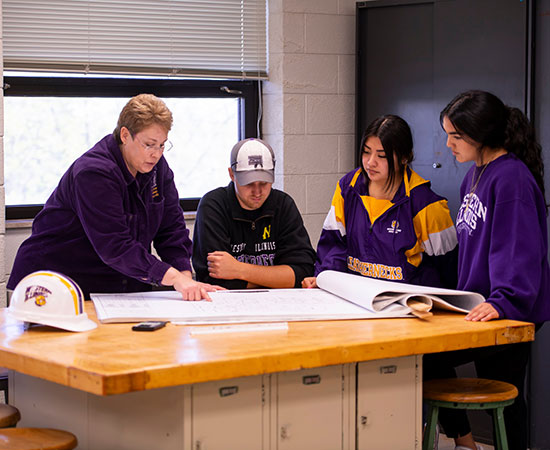
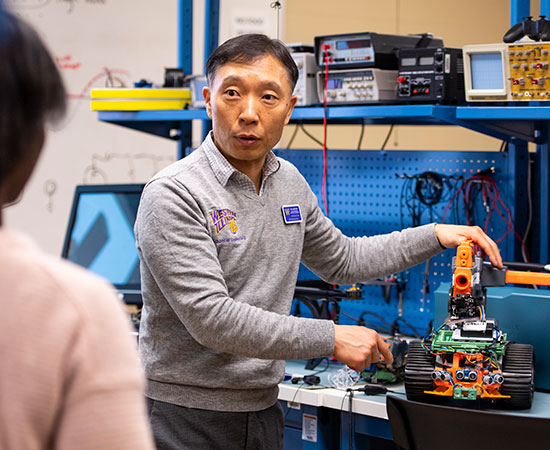
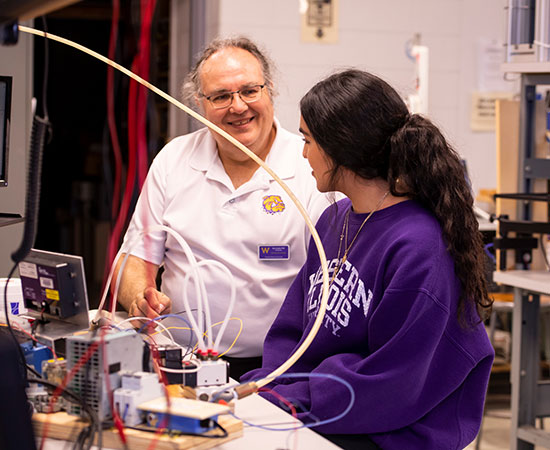
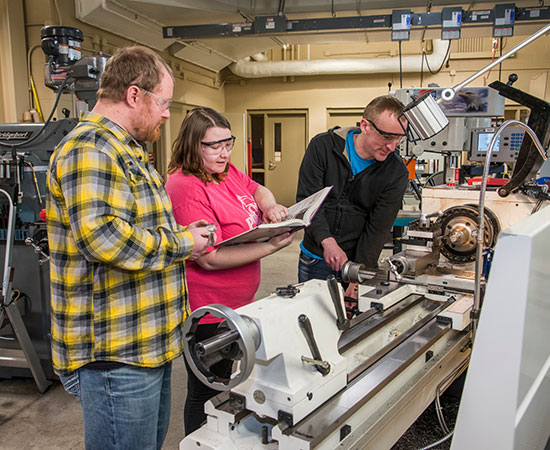

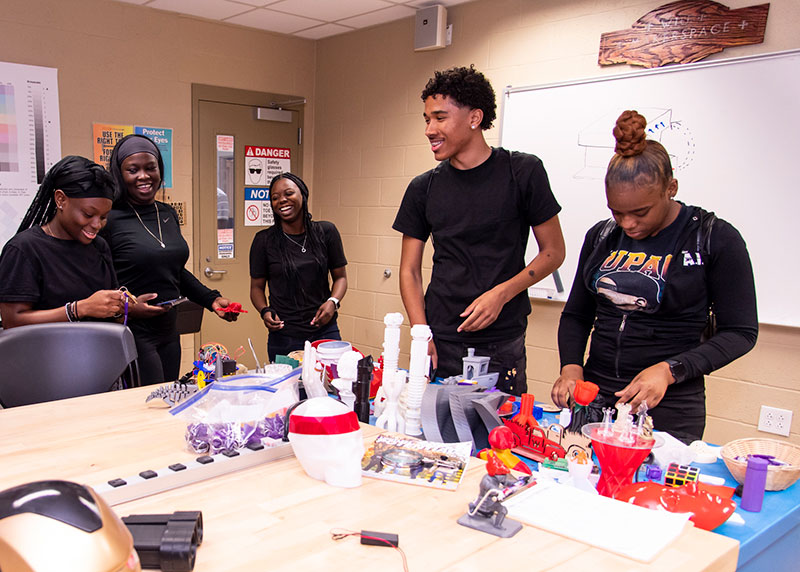
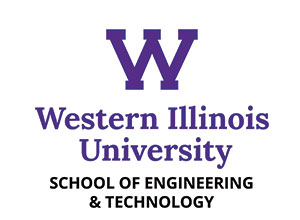

Connect with CBT: